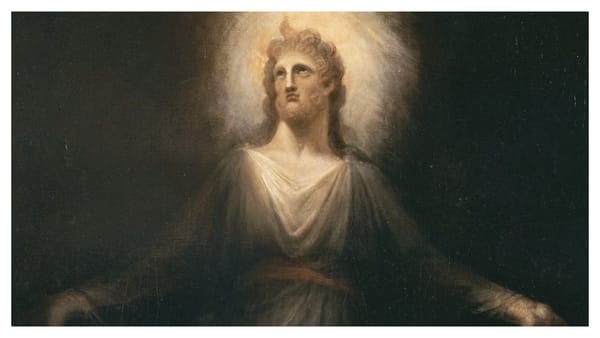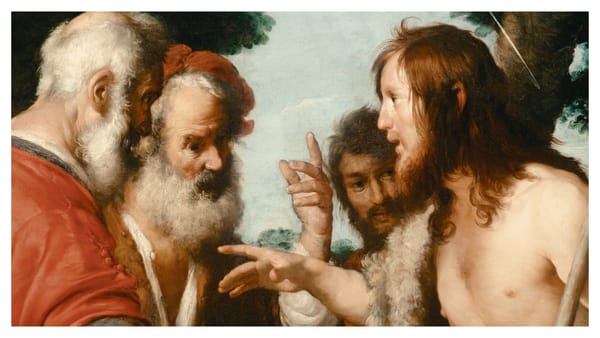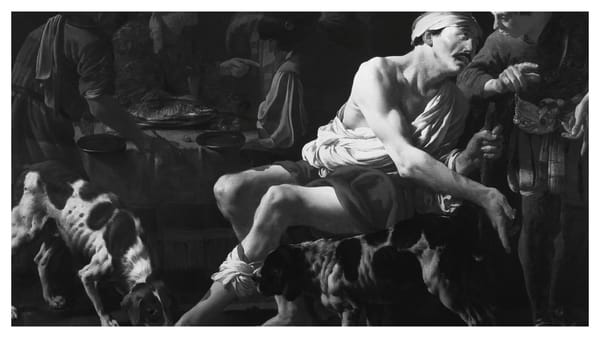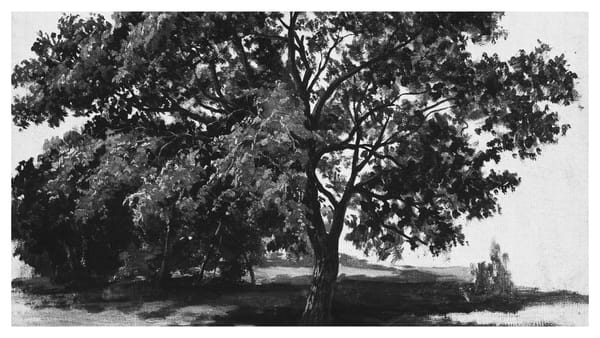The Sevenfold Glory: Christ's Divine Preeminence
Exploring the seven magnificent declarations of Christ's nature and work in Hebrews 1:2-3 that reveal His divine preeminence and transformative glory.
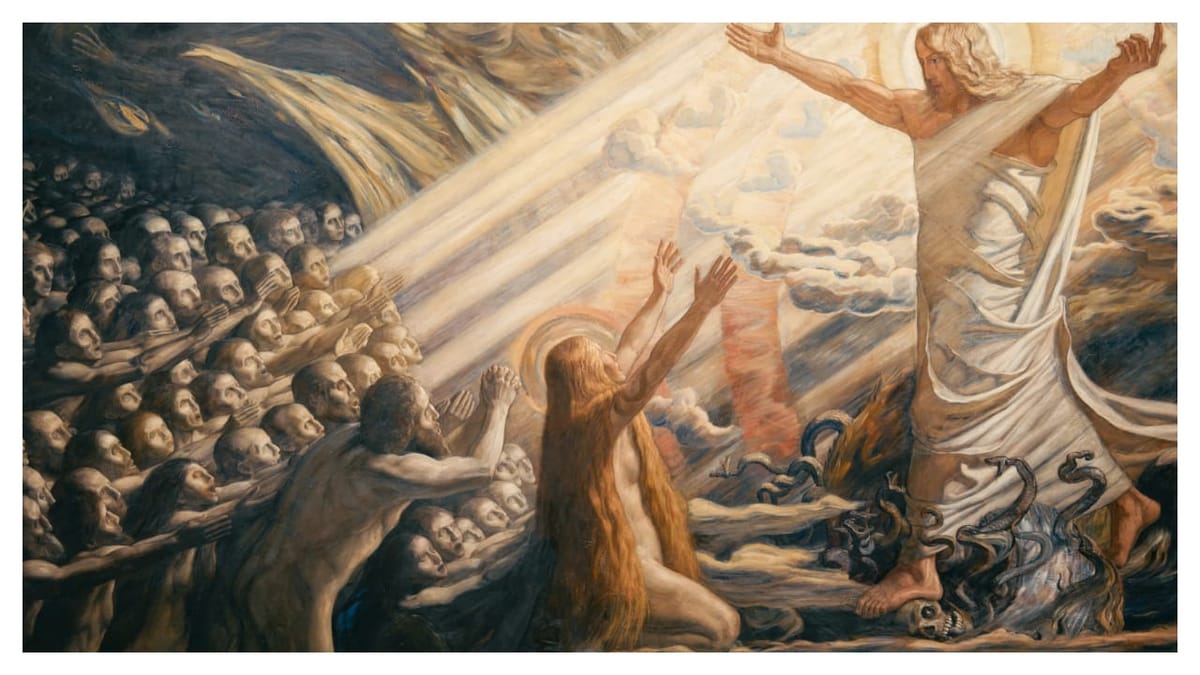
"…whom He hath appointed heir of all things, by whom also He made the worlds; Who being the brightness of His glory, and the express image of His person, and upholding all things by the word of His power, when He had by Himself purged our sins, sat down on the right hand of the Majesty on high…" — Hebrews 1:2b–3
When I stand beneath a night sky ablaze with stars, or watch dawn break over silent mountains, I'm reminded of my smallness. Yet Hebrews 1 declares something astonishing—the One who crafted these wonders stepped into His own creation, not as cosmic sovereign but as suffering servant. When I linger over these verses, the phrase "so much better" resounds like a holy refrain. It's not a casual boast but a divine unveiling, and nowhere is this clearer than in these verses. Here, the Spirit paints a portrait of Christ so vast, so majestic, that seven declarations are needed to capture His glory. Each one reveals a facet of the Son's preeminence—eternal, redemptive, triumphant—drawing us to behold Him as the One who outshines all else.
The writer doesn't hesitate. Having declared God's final word in Son, he now unfolds who this Son is. Seven truths emerge, each a pillar of His divine nature and work, each proving why He is "so much better" than anything before or beside Him.
First, He is the appointed heir of all things. The universe—every star, every soul—exists for Him, destined to be His inheritance. This isn't a future hope; it's an eternal decree, set before time began. Yet, marvel at this: His heirship was proven through obedience, secured not just by right but by sacrifice. He who owned everything by divine right earned everything through perfect submission.
Second, He is the one by whom God made the worlds. Not a bystander, but the active Word through whom all creation sprang forth (John 1:3). The Greek "worlds" (αἰῶνας) spans not just earth but all ages, all dimensions—time itself owes its breath to Him. He didn't merely start the clock; He crafted its every tick. From the vastness of galaxies to the intricacy of DNA, all bear His creative fingerprints.
Third, He is the brightness of His glory. Not a reflection, but a radiance—like sunbeams inseparable from the sun. Once veiled in the Holy of Holies, God's glory now shines openly in Christ, "full of grace and truth" (John 1:14). To see Him is to see divine light unveiled, piercing every shadow. How often I've prayed, "Show me Your glory," when all along, Jesus has been saying, "He who has seen Me has seen the Father." The invisible God made visible—not in abstract concepts but in a life that touched lepers, wept at graves, and broke bread with sinners.
From identity to activity, from who He is to what He does, the writer continues to unfold Christ's glory. Fourth, He is the express image of His person. The Greek charaktēr means an exact imprint—every attribute of God finds perfect form in Him. His compassion, His justice, His love aren't echoes but the Father's heart made flesh. He's not just God's likeness; He's God's very nature, the invisible made visible (Colossians 1:15). In our age of influencers and personal brands, where image often masks reality, Christ stands as authenticity incarnate—the perfect expression of who God truly is. While we craft careful personas, He reveals the Father with perfect transparency, challenging us to the same genuine faith.
Fifth, He upholds all things by the word of His power. Creation doesn't drift aimlessly—He sustains it, from galaxies to heartbeats, with a command that never falters (Colossians 1:17). The voice that stilled Galilee's storm holds the cosmos together, guiding it to its appointed end. He's no distant maker; He's the ever-present sustainer. The same hands that were pierced for our redemption are those that hold the universe in place—power matched with sacrificial love in a way no human mind can fully grasp.
Sixth, He by Himself purged our sins. Here's the mystery that breaks us: the Creator became the sacrifice. No angel aided Him; no priest stood beside Him. Alone, He bore our guilt, fulfilling Isaiah's cry: "My own arm brought salvation" (Isaiah 63:5). His obedience—unto death—cleansed us, proving His kingship not just divine but earned. The One who fashioned worlds became the Lamb who took away their sin—the Judge receiving judgment, the Lawgiver fulfilling His own requirements, divinity clothed in dust to rescue those made from it.
Seventh, He sat down on the right hand of the Majesty on high. The High Priest finished His offering; the King claimed His throne. Unlike Levitical priests who stood daily, offering endless sacrifices (Hebrews 10:11), Christ sat—His work complete, "once for all" (Hebrews 10:10). From there, He intercedes (Romans 8:34), reigns (Ephesians 1:22), and awaits His enemies' defeat (Hebrews 10:13). This progression—from eternal Creator to suffering Savior to exalted King—shows the full arc of redemption, beginning before time and extending into eternity.
This sevenfold glory isn't a list—it's a revelation of the Son who bridges heaven and earth. Heir by decree, Creator by nature, Radiance and Image by essence, Sustainer by power, Purger by sacrifice, King by triumph—each trait builds a throne no other can claim. What prophet could craft worlds? What angel could purge sin alone? What king could sit at God's right hand? None. Only Jesus, the Son, stands "so much better."
Yet this glory isn't distant. The One who shaped the stars stooped to bear our shame. The hands pierced on Calvary are the same that uphold all things. The voice that cried "It is finished" still speaks life into our souls. His preeminence isn't just power—it's love, poured out to make us His own (Revelation 21:9). He didn't inherit all things to rule us from afar but to draw us near, sharing His victory with those who trust Him.
Together, we as His church become the living temple where His glory dwells—not in buildings of stone but in hearts of flesh transformed by grace. When we gather in His name, when we extend His compassion to a broken world, when we speak truth in love, His sevenfold glory isn't just proclaimed but revealed.
In this Laodicean age, where forms of godliness lack power, this vision of Christ is our lifeline. To behold His majesty is to see beyond shadows—to trust a work so finished it silences every doubt. He's not a theory to debate but a Savior to adore, a King to love. The cross wasn't defeat; it was triumph, crowning Him with glory no rival can touch.
As I close my Bible and look out at a world preoccupied with lesser glories, I wonder: What if we truly lived as if we believed in this sevenfold Christ? What if His preeminence became not just our theology but our reality? Today, will you join me in gazing upon Him until everything else fades into proper perspective?
So, I stand before this sevenfold portrait and ask: Will we gaze upon Him? Will we trust the One who holds all things and purged all sins? Hebrews 1 calls us not just to know Him but to bow before Him, to let His preeminence reshape our lives. His glory shines—may we reflect it, resting in His finished work.
A Prayer
Lord Jesus, You are the Heir, Creator, Radiance, and King—sevenfold in glory, unmatched in power. You laid earth's foundations, and those same hands hold me. When enemies surround me, assure me: You sit enthroned, making them Your footstool. When sin weighs heavily, restore me: You have by Yourself purged my sins and seated me with You. Open my heart to behold Your majesty, my soul to trust Your finished work. Sustain me by Your word; cleanse me by Your blood. Reign over me until I reflect Your light. To You alone be glory, honor, and praise, now and throughout all ages. Amen.

